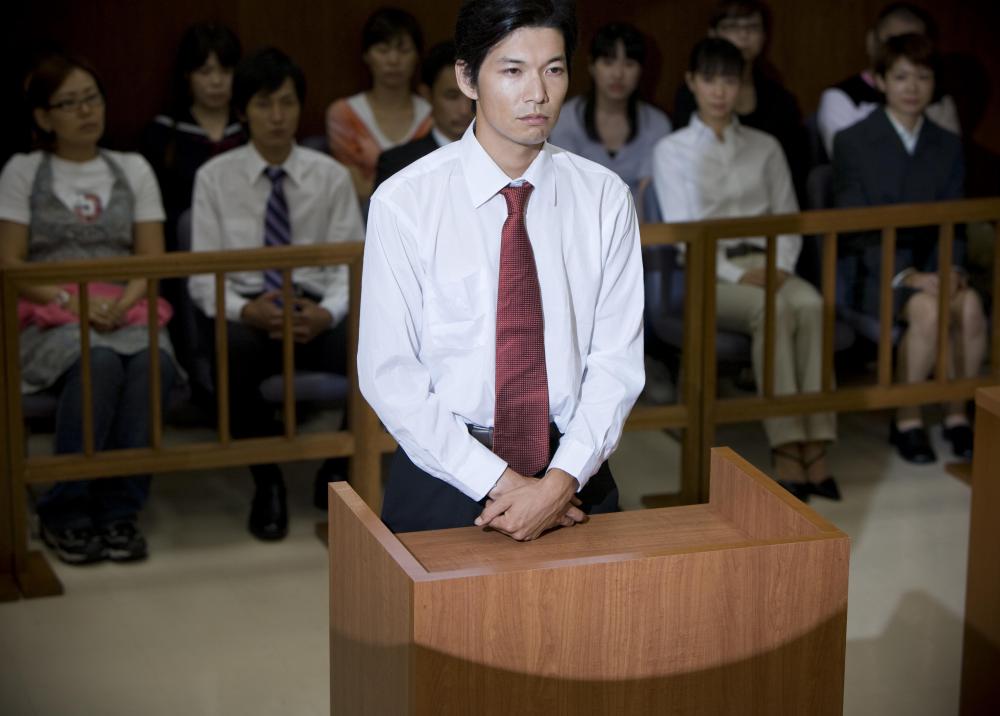At WiseGEEK, we're committed to delivering accurate, trustworthy information. Our expert-authored content is rigorously fact-checked and sourced from credible authorities. Discover how we uphold the highest standards in providing you with reliable knowledge.
What are the Best Tips for an Arson Defense?
The crime of arson occurs when a person intentionally sets fire to a structure. Depending on the severity of the offense as well as the jurisdiction, arson may be treated with varying degrees of punishment. If someone is wrongfully charged with the crime of arson, the accused’s arson defense must either separate him or her from the action that led to the burning, or establish a lack of intent to burn the structure in question in conducting the action that led to its destruction.
At common law, arson was defined as the malicious burning of the home of another person. The doctrine has evolved to include all kinds of structures beyond the home, including public buildings such as schools and churches. Further, someone may be convicted of arson for burning his or her own home or the personal property of another. Different jurisdictions have different levels of burning that establish the crime of arson. Some require simply that there be “sooting,” which is another word for smoke damage, while others require that there be actual charring to the structure in order to constitute arson.

The first way to properly establish an arson defense is to separate oneself from the burning of the structure. If the person is wrongfully charged and had nothing to do with the actions that led to the burning of the structure, then he or she may establish an alibi. An alibi is the presentation of evidence, usually a testifying witness, that shows the defendant was not at the scene of the crime at the time the crime took place. If the accused can show that he or she was not there at the time the fire was set, then a valid arson defense can be raised on the grounds that he or she did not cause the fire.

In a scenario where the defendant’s actions actually led to the burning of the structure, but did not act with the malicious intent that the structure be burned, establishing an arson defense is much more complicated. He or she will have to raise the defense that they did not have the mens rea — a legal term for “state of mind” — to commit arson. In other words, they did not mean to burn the structure down. If the accused can show that he or she did not mean to set fire to the structure, then he or she will likely have raised a valid arson defense even if their actions actually led to the destruction of the property.
AS FEATURED ON:
AS FEATURED ON:













Discuss this Article
Post your comments